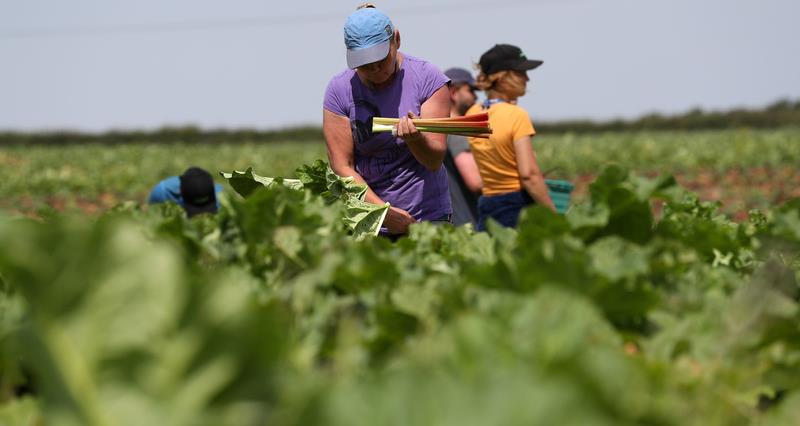Ahead of changes to the SMETA/SEDEX audit coming into force on 10 September, the NFU wrote to the BRC, calling for further information and documentation from retailers on how each standard will be dealt with.
In our letter, we also sought agreement that growers should not be audited against the ‘recruitment fee’ CAR.
Outstanding concerns include:
- The limited consultation with grower businesses prior to the standards being published.
- The lack of impact assessment on what this will mean for UK food production.
- The unilateral decision making by SEDEX to adopt new standards which it openly accepts cannot easily be delivered nor adequately audited.
- The significant cost burden this will place on the supply chain and the likelihood this will fall mainly on growers’ shoulders.
- The potential for individual retailers in future taking different approaches to CARs within their supply chain and the complexity and cost this will create for suppliers who supply multiple customers.
Reassurance on CARs
In response to our concerns, the BRC wrote to us, giving the following advice on its approach to CARs.
For businesses being audited under the SMETA 7.0 standards: ‘The presence of a CAR raised at an audit will not impact a supplier’s ability to supply, provided a collaborative action plan is subsequently developed.
‘When a CAR is raised, suppliers should engage with all customers to discuss what collaborative action is required, including any implementation challenges. Suppliers and their customers should develop a case-specific collaborative action plan together to ensure the highest level of alignment.
If a CAR uncovers illegal recruitment fees or child labour remediation, more urgent action will be required. For example, the action could involve informing the appropriate authorities or immediate steps to protect the child’s welfare. In cases such as these, the Serious Incident Escalation Protocol outlines a clear process in which CARs can be addressed and resolved as a collective.’
The BRC once again stated that CARs raised against legal recruitment fees associated with the Seasonal Workers Scheme will automatically be deemed as ‘in progress’ for UK suppliers, while awaiting the findings of the Defra funded feasibility study into the EPP (Employer Pays Principle).
The feasibility study is expected to report in the summer of 2025.
Commitment to collaboration with suppliers
The BRC said it recognised NFU members concerns’ around the study and reiterated that the purpose of the study is to assess the feasibility of adopting EPP ‘for the whole supply chain’.
It said: ‘The feasibility study clearly demonstrates collaborative action, in which it seeks to understand how all stakeholders in the supply chain can address the systemic issues resulting from legal recruitment fees being paid, and consider how responsibility can be shared fairly.
‘We would like to reiterate our commitment to collaboration with suppliers to comprehend the scale and complexity of implementing CARs and to determine the most effective ways of supporting our supply chain partners.
‘We assure suppliers that there will be no standard policy to penalise, delist, or suspend trade with a supplier who has:
- Transparently shared issues with their customers;
- Cooperated with authorities where applicable;
- Proactively engaged in collaborative action;
- Not been found to be complicit.’
Further guidance delayed
The BRC has said it will continue to meet with SEDEX to enable more detailed guidance on expectations and best practice when responding to issues marked as Collaborative Action Required.
The additional guidance which the BRC previously committed to deliver before the end of August has not been forthcoming. The consortium said: ‘It is important to note, the final group of SMETA Workplace Requirement guidance was delayed, with the deadline for submissions pushed to 2nd September 2024.
‘We were then updated by SEDEX on 5th September at the FNET SEDEX 6-weekly call on the outputs of this consultation. Some of these documents have now been published, with the rest expected in the next week.’
The BRC has said it will maintain this position until there is an opportunity to review how SMETA 7.0 is implemented. The revised copy of the Serious Incident Escalation Protocol will be shared in due course.
